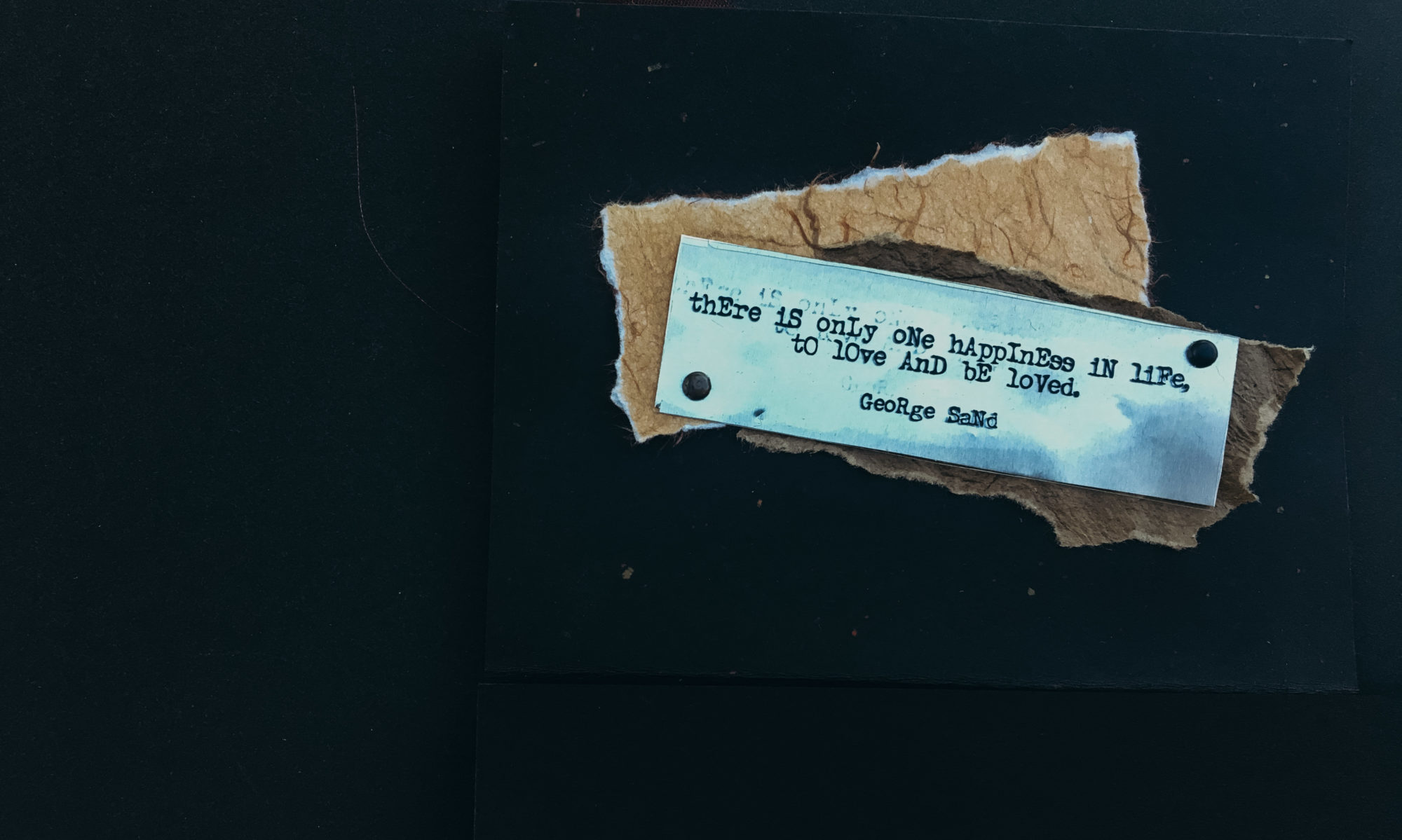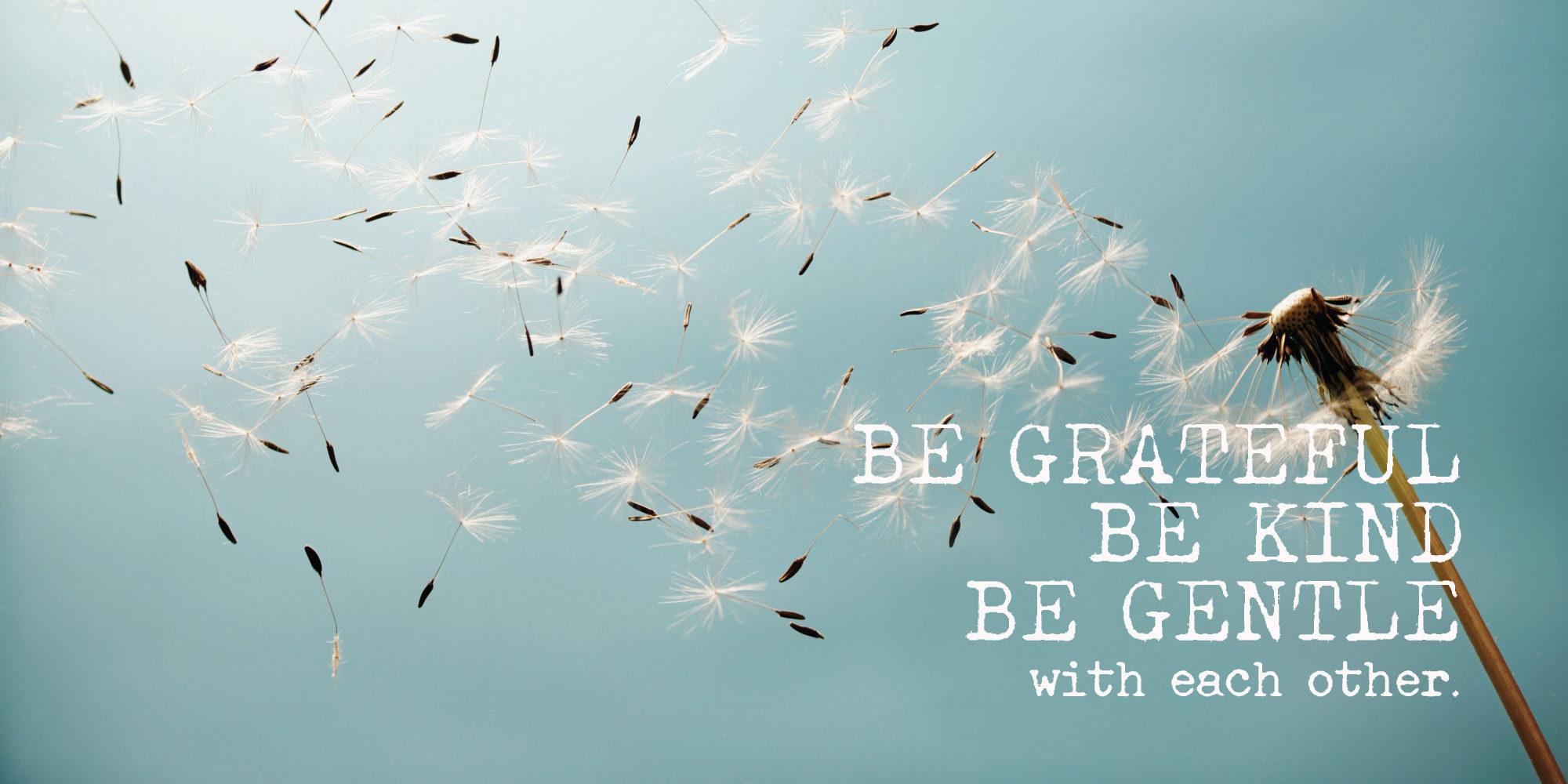I am a newlywed. Not a young one, by any means. After a twenty-four year long failed marriage, and five years of being single, I remarried at forty-eight. I still have twelve and thirteen year boys at home, I am working, going to school and continually attending basketball games and football games. It would be conservative to say my life is in constant motion. My husband is twelve and a half years older than me, done raising kids, and was entirely ready to enjoy a slower pace; a semi-retired life. Then “we” happened. We were sealed for all time and eternity in the Gilbert temple August 28, 2018. A fair assessment to describe our match up would be that he prefers the slow lane, and I’m still in the HOV lane. So what happens when two people from different seasons of life pair up and get married? It gets tricky!
Our first two months were quite rocky. I’m relatively certain both of us were thinking quietly to ourselves, “Oh no, what have I done??” Looking back I realize we were both fully immersed in what John Gottman termed “negative sentiment override.” And just as if things weren’t difficult enough, I took a statistics class that started two weeks after we married. Statistics was by far, the most mentally strenuous class I’ve ever taken, and the pace and time commitment took its toll on our already strained relationship. But that same statistics class gifted our relationship something as well. One of the statistical studies I learned about that difficult semester was one involving happiness and gratitude. They did a study on two groups of people. The control group was asked to carry on as they normally did, recording their normal feelings for the day. The treatment group was asked to write down several things they were grateful for every single day. After three months, both groups were interviewed. The study revealed that people who focus on expressing gratitude on a daily basis report significantly less depression, less anxiety, higher levels of contentment, higher emotional well being and overall increased happiness than those who don’t. As human creatures, we naturally navigate to the negative, focusing on things that bother us throughout the day. If we do not purposefully focus on the things we are blessed with, we tend to overlook them.
These results captured my attention. I took this principle and applied it to our marriage. I asked my husband if we could do a nightly “gratitude check in,” expressing to each other the things we were grateful for, or things we appreciated about each other, and express these things to each other every night before falling asleep. He agreed and we began our own experiment. What transpired in the following weeks was truly unexpected. Instead of keeping track of my grievances and logging our unresolved battles, I found myself focusing on the little things he did that I appreciated. I found myself purposefully holding onto those things in my mind so I could remember them and express them that evening. This nightly exercise changed our entire relationship. The difference was so substantial I was stunned. Suddenly, our arguments diminished significantly, and we began appreciating each other for the blessings we brought to each other’s lives. Our relationship has taken on an entirely new level of fondness and admiration as we have begun noticing the positives instead of the negatives. It’s not that the negatives are no longer there, they are. It’s just that the positives have now taken on a greater meaning, outweighing the negatives. Without realizing it, we have been practicing “positive sentiment override” described by Gottman. We have been expressing the fondness and admiration we needed to appreciate the beautiful things about our relationship.
This has breathed new life into how we approach our differences. Now, while we still have difficulties to endure, our relationship has strengthened to a point where the differences do not divide us as they did before. Just as Gottman’s principal of nurturing fondness and admiration has described, it is clear to me this profoundly simple strategy has changed our relationship forever. I’ve learned that sometimes, it’s the things that are so easy to do that are just as easy not to do. The difference is in the determination and dedication to continue focusing on the little things; it is the habitual little things that often yield the biggest results.
Six months later, we still do our “gratitude check in’s” faithfully each night. If he’s out of town, we do them over the phone or Marco Polo. We don’t miss. I hope we never will.

